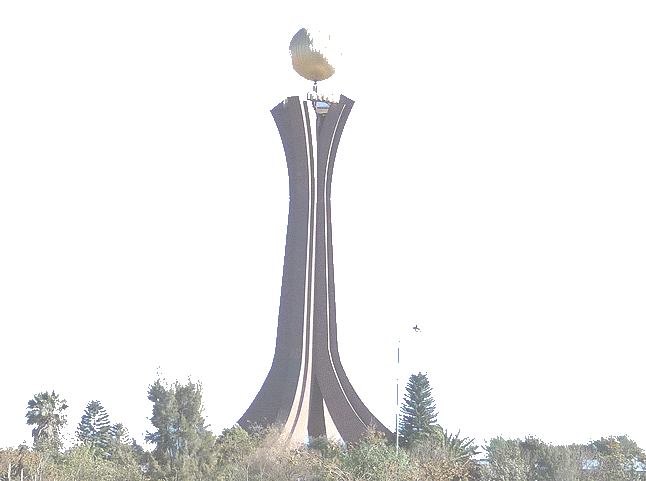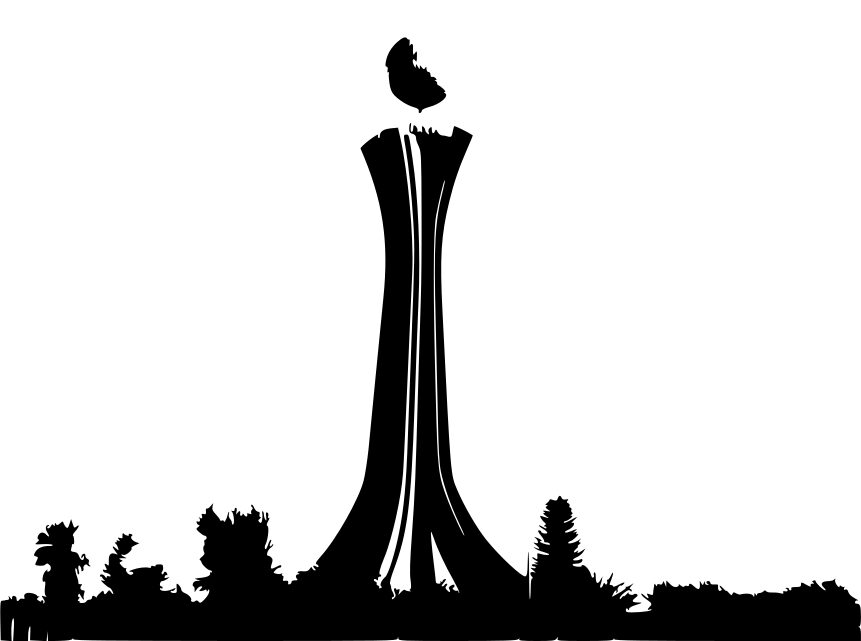On the Crisis of Political Membership and the Betrayal of a People
To the TPLF leadership and those still carrying the torch of the Tigrayan struggle—
I write this note not in bitterness but in pain. A pain rooted in the knowledge that many of us have carried for decades: the seeds of today’s betrayal were planted long ago, when the movement began favoring academic resumes and docility over ideological clarity, conviction, and proven commitment to the people’s cause.
I was there—in the late 1990s and early 2000s. I witnessed firsthand how individuals like Getachew Reda and Kindeya Gebrehiwot were recruited into the ranks. I worked alongside them at Mekelle University. Let me speak plainly: these are not political personalities. They lacked—and still lack—the courage, discipline, and sense of duty required of a revolutionary party member. Their actions today are unsurprising to those who understood their core long ago. The only surprise is how long it took for them to show their true faces.
The Flawed Cadre Recruitment System
The rot began in the late 1990s when recruitment was no longer about who could carry the people’s burden but about who could appear “modern,” educated, or palatable to outsiders. Ideological training was diluted. The commitment to self-sacrifice was replaced with ambition and the hunger for status. Those who wouldn’t dare carry a gun if required became mouthpieces during wartime and political opportunists in the aftermath.
And now? These same individuals are now being sweetly rewarded by Abiy Ahmed—the very architect of the genocidal war on Tigray. It’s almost poetic, isn’t it? The man they once condemned with theatrical indignation now candy-mans them into obedience, dangling appointments like lollipops while keeping them on a short psychological leash. Abiy doesn’t just neutralize his critics—he repurposes them. And some, like Getachew and Kindeya, couldn’t resist the aroma of power, even if it came from the very hand that lit the fire. If this isn’t betrayal in high definition, I don’t know what is. Maybe we should wait for them to co-author his memoirs next?
Who Should Be a Party Member?
A true party member is forged in struggle. He or she:
- Respects the core principle of TPLF’s democratic centralism—not in words, but in discipline.
- Engages in debate but abides by the majority when consensus is reached.
- Bears responsibilities even when decisions do not go their way.
- Prepares for personal sacrifice when the movement demands it.
The martyrs of the Tigrayan people—those who died anonymously in the mountains and trenches—are the ones who upheld these principles. They fought for dignity, not for the privilege of betraying their people in peacetime.
A Call to Action
It is time for a reckoning. The TPLF must review its internal culture and recruitment history. It must reaffirm its identity not as a closed circle of elite operators but as a true people’s party—rooted in integrity, discipline, and humility. It must re-educate itself on who deserves to carry the TPLF member’s title.
The legacy of the people of Tigray’s struggle cannot be left in the hands of those who only appeared when the cameras rolled—and quietly vanished when the real challenges began. Some may naively argue these individuals were “in the fire.” No—they were in the front row, watching it burn. And when the fire was doused in Pretoria, they put on a new show rather than stand firmly with their party and people on the urgent issues—like the removal of invaders from all occupied territories of Tigray, the restoration of Tigray’s constitutional boundaries, the safe return of our displaced population, and the preservation of TDF as a shield for Tigray’s dignity and security until the full implementation of the Pretoria Agreement. Suddenly, they discovered the language of “democratization” and “institution-building”—not as instruments of liberation, but as camouflage to fast-track DDR and leave Tigray disarmed before Abiy’s sinister agenda. Their rebellion wasn’t brave—it was curated for the urban elite and foreign diplomats. That’s when the masks slipped. That’s when they revealed who they truly were—not voices of reform, but liabilities in tailored suits.
History watches. So do the people.

